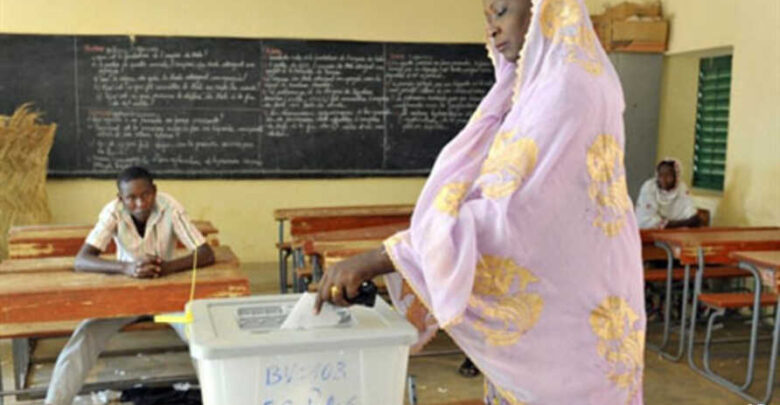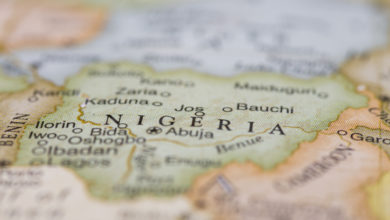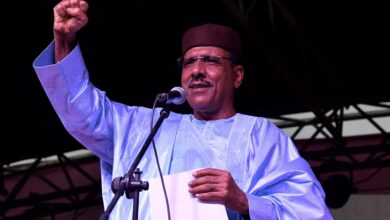Niger
Niger: Constitutional Court Confirms Second Round of Presidential Election Next Month

Niger’s Constitutional Court on Sunday announced that a second round of the presidential election is to be held on February 21, reported Africa News.
In December 2020, the country held the first election to transfer power from one civilian regime to another since independence from France in 1960. The first round of the election was inconclusive as no candidate got 50% of the vote which is constitutionally mandated to emerge as president.
The total voter turnout was recorded at 69.67%, with 5.2 million voters out of 7.4 million registered voters for a population of 23 million.
The court said that no candidate had obtained an absolute majority of votes in the first round, whose annulment, partial or total cancellation claimed by opposition candidates was rejected by the Court. Mohamed Bazoum led the first round with 39.33% of the vote, according to provisional results announced by the nation’s electoral commission. Ex-president Mahamane Ousmane secured 16.98% of the total 5.1 million votes.
“The Court receives the request of the President of the Independent National Electoral Commission (Céni) in the form, validates and proclaims the final results of the first round of the presidential elections of December 27 2020,” the court declared.
Bazoum, the former head of Niger’s interior and foreign ministries, and Ousmane, fourth president, who held office between 1993 and 1996 before being removed in a military coup, will face off in the second round of the presidential elections.
Ten other unsuccessful candidates who lost in the first round including former president Salou Djibo have formed a second alliance, the Alliance of Candidates for Change (ACC), that will offer their support in the second round to any interested candidate, in return for power-sharing afterwards. The cumulated score of the ACC candidates does not exceed 10%.
The winner of the February run-off vote will face a key hurdle to stem jihadist attacks in the Sahelian country that has killed hundreds of people. Some 500,000 refugees and others have been displaced from their homes, according to the United Nations.





